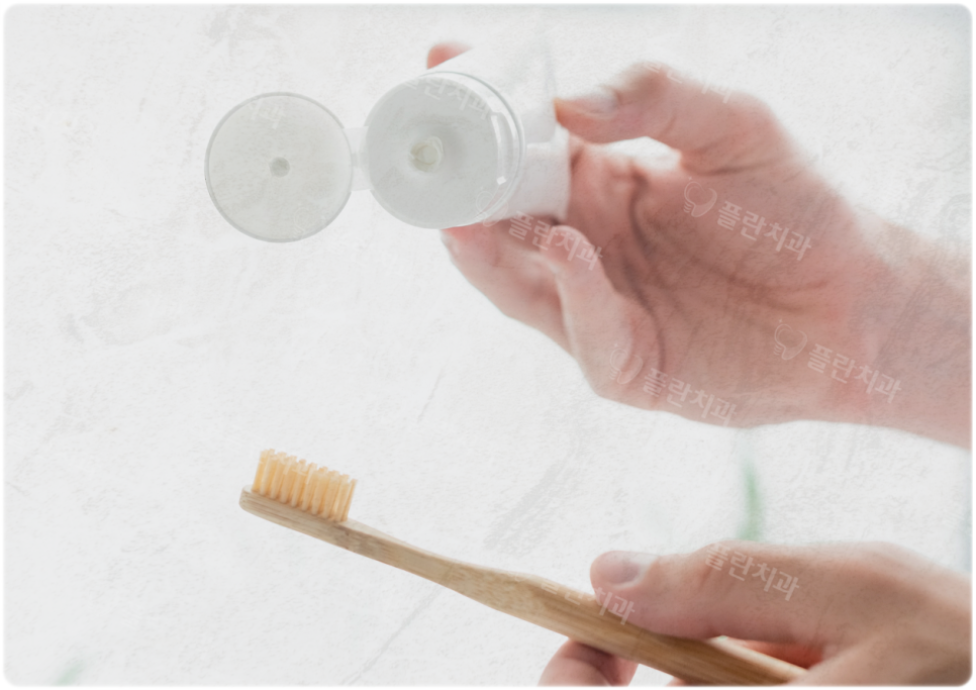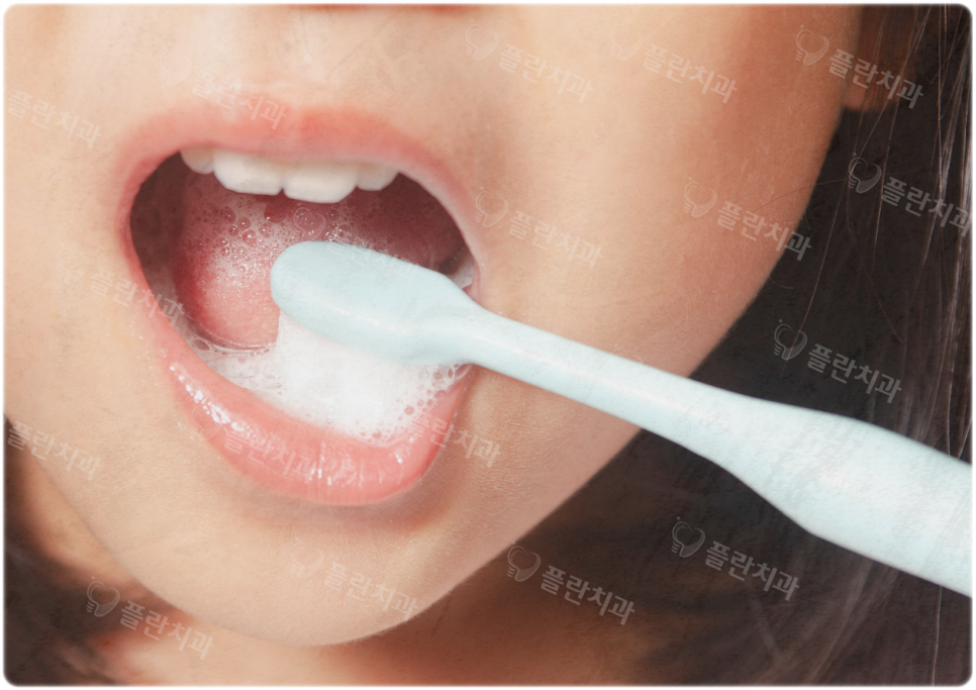Understanding and Preventing Periodontal Disease

Maintaining healthy oral hygiene is crucial for a long and healthy life.
Despite diligent care, some people may experience sudden bleeding from their gums.
While cavities are a common dental issue, gum bleeding is frequently experienced, especially among middle-aged and older adults.
Gums help firmly secure natural teeth, and poor gum health can lead to complex problems, including the loss of healthy teeth. Today, we will explore periodontal disease and ways to prevent it.
What is Periodontal Disease?
The periodontium consists of the gums and alveolar bone, which surrounds and supports the teeth. Periodontal disease refers to inflammation of these tissues.
Initially, it may only manifest as bleeding gums, but if it worsens, it can cause teeth to loosen and eventually fall out.
Because it's often painless, many people may not take it seriously.
Rather than assuming it only affects older individuals, regular check-ups to assess and manage your current oral health can help prevent this disease.
What Causes Periodontal Disease?
Thorough brushing and regular scaling (professional cleaning) can easily remove plaque that accumulates on the tooth surface after eating.
However, if plaque is not removed, it hardens into tartar, gradually spreading inward and causing inflammation.
Symptoms include bleeding gums, bad breath, and, in rare cases, a feeling of loose teeth, ultimately leading to tooth loss.
Many people think the symptoms will eventually subside, but these signs indicate that the regression has already begun.
Progressive tissue damage can result in tooth loss, so it is recommended to address the issue promptly.
How Can Periodontal Disease Be Prevented?
Early treatment is important, but improving daily habits is crucial.
1. Practice Proper Brushing Techniques
Brush gently at a 45-degree angle, using appropriate pressure to clean both teeth and gums. Use interdental brushes and dental floss to remove debris between teeth, preventing potential plaque buildup.
2. Get Scaling Every 6 Months to 1 Year
Be aware that even without pain, negative changes can occur internally, so regular check-ups and scaling are essential.
3. Improve Habits That Hinder Oral Health
If you grind your teeth, seek correction. Quitting smoking is highly recommended for dental health. Additionally, drink plenty of water to keep your mouth from drying out.
With the prevention methods and early management discussed today, this disease is often reversible.
Keep in mind that damaged teeth and gums do not regenerate. Aim to restore your oral health through proper care.





Source :https://blog.naver.com/poipeople/224058631130
No comments yet.
